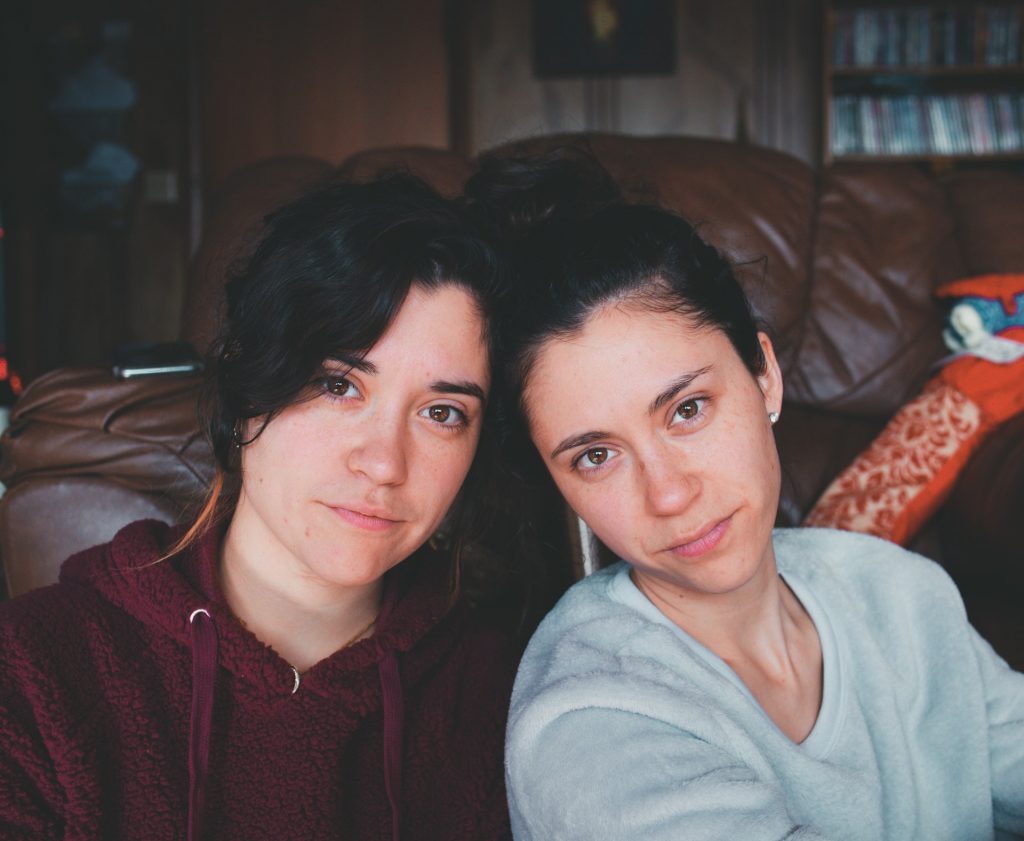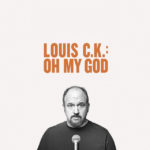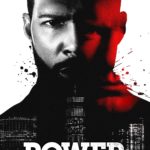
Counterpart
Rarely does an actor get an opportunity to play multiple characters in the same show. Why would they want to? Surely it would make their job much more difficult. Great actors really become the person they are portraying. We just need to look at the lengths that performers like Christian Bale go to in becoming their character to see this.
So what happens when you are playing two different people in the same show? Due to scheduling and shooting requirements you would often need to move between the roles regularly. Some works handle this well and we end up with great performances.
The most interesting take on this that I had seen prior to Counterpart was Face/Off where John Travolta and Nicolas Cage switch the characters they are playing during the movie. Needing to play multiple parts is more common where the actor plays their twin. A good example of this are The Prestige where Christian Bale and Bale’s twin and major parts in this film.
More often than not I feel that this is used for comic affect where this is a major joke of the movie/tv show. Examples of this are Mike Myers in Austin Powers and Eddie Murphy in any of the trite films that he is involved with.
What happens when every actor plays two roles?
Counterpart sets up a situation where the entire cast play themselves and their doubles. All of these characters have exactly the same lives up to the point where the split happened. Where we meet them it has been twenty years since the split. A major part of the show is looking at how different the characters are and looking at the nature/nurture role in developing the character.
This is the most original setup that I have ever seen to explore the role of nature/nurture. It is very interesting to see the main characters trying to figure out if they are different and where they find differences how those differences occurred.
J.K Simmons plays the lead and is absolutely brilliant in his two roles as Howard. One is quiet, loving and demure. The other is a hard arse, gun-slinging secret agent. The teasing out of these two characters is one of the major draws of the show and Simmons’ subtle differences in performances is sublime to watch. You can tell which character you are watching from the way he smiles, even before the captions come up telling you which side of the split you are on.
Simmons is King but is Williams Queen?
I thought that Simmons’ performance was the only one I was going to write about but on reflection Olivia Williams’ performance as the two Emilies is also worth noting. This is amazing given that she spends the entire first season in a coma on one side of the split. What makes Emily so interesting is that, at first, the characters appear identical despite very different life circumstances after the split.
The original Emily begins to diverge as she deals with her amnesia, quickly realising that she hated the person she was. The performances of the two Emilies changes very quickly at this point. She goes from the hard line counter intelligence officer to someone who is emotionally involved and wants to be a loving wife. Both Simmons and Williams are great to watch in this show.
Is this really Sci-Fi?
While the premise of the entire show is based firmly in the realm of sci-fi (parallel universes) there is only one episode, at the end of the second season, that directly looks at this. The sci-fi is purely incidental. This show is about people and why they become who they are. The sci-fi nature of the world is almost irrelevant to this story.

The narrative is strong throughout. Every plot and subplot is handled with nuance and the script is superb. You do not have an answer to the last remaining plot thread until the final scene of the final episode. It is answered and the credits roll.
The writing team under Justin Marks (creator) weave an intricate tale that interrogates the premise of the show well. They are subtle in their handling of the plot twists and the red herrings. They give us just enough to guess at what could happen at any particular moment. The pay offs are fantastic and the meet our expectations in ways we didn’t expect them to. All of these things are hallmarks of great story telling and they are all present in this show.
The leads are good what about the support?
There is also a great supporting cast around the excellent leads. Richard Schiff (The West Wing) is excellent as Roland Fancher, Clare’s father and head of diplomacy at the office. Guy Burnet, a new actor for me, is sublime in both his halves as the ambassador from the other side and his body double.
I also wanted to touch on the opening titles, as this appears to be a common trope amongst my peers. I find them too long. They are brilliant in representing the splitting of worlds and the operations of the office but as I was streaming this via a service that made it hard to skip forward it was painful every episode to have to sit through them.
The cinematography was also excellent and it changed the further we got into the show. The further we went down the rabbit hole the stranger the establishing shots for scenes got. These were well chosen and executed.
What's it about?
The themes interrogated here were looked at with nuance and style. I’ve already talked about divergence above so I won’t rehash this key theme. The other concept that was an interesting side theme was that of societal development and social norms. On the other side their was a flu pandemic that killed millions.
The changes that this had on their society were obviously manifold. They had many advancements in medicine that we did not have. Reporting illness was the law. Socialising was very different over there as well. Kids didn’t play together without wearing masks. Social areas were almost devoid of people.
Even though the flu was a key part of the plot its ravages were often only hinted at and we were instead shown the impacts that this had on the society. The show was stronger for this approach.
Overall, brilliant storytelling, acting and interrogation of interesting themes.





